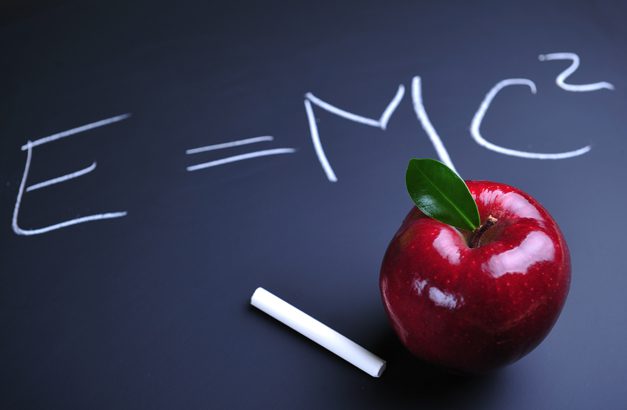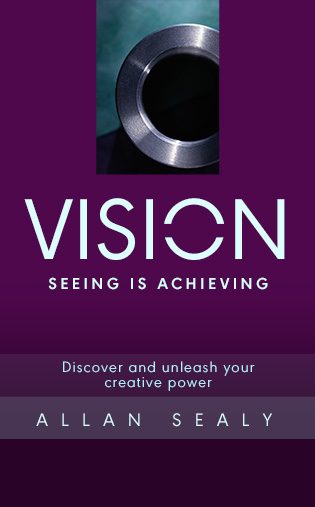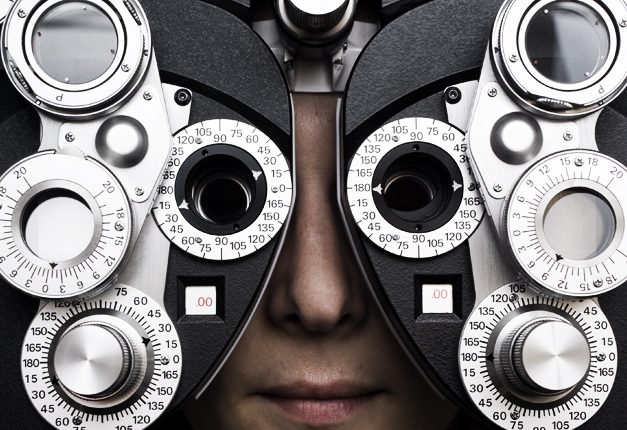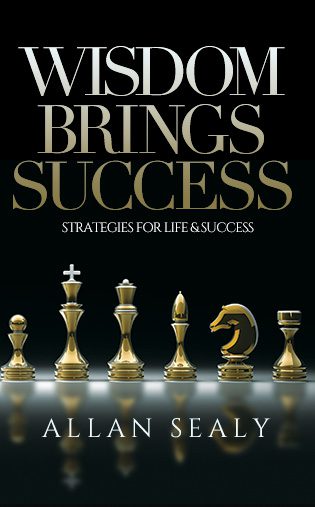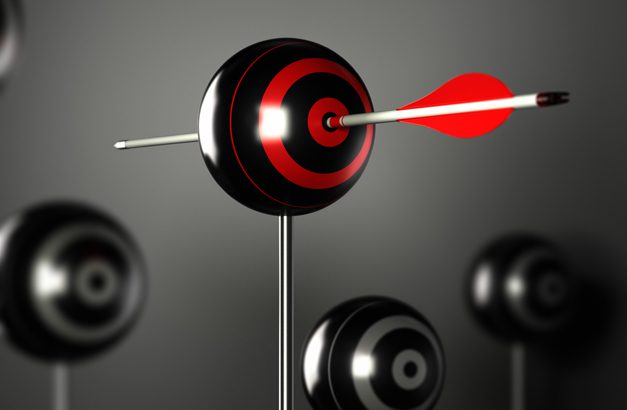
A knowledge gap is the gap between what you currently know and what you need to know in order to achieve your goals. The question is, what do you need to know in order to achieve your goal. If your goal is to achieve financial freedom then you will have to become financially intelligent, sophisticated and astute before you can achieve this. You will have to develop a broad financial vocabulary and an advanced understanding of financial services and institutions. If business is your chosen route to financial freedom then you will have to become commercially sophisticated and familiar with the legal and tax implications of becoming wealthy through business. If you are not currently astute and aware in these areas then you have a great big knowledge gap. The same principles hold true for your health and fitness goals, your love and family goals, your career goals and your personal goals. If there is a knowledge gap between you and your goal, then your first job is to bridge that gap!
2. Identify your skills deficiencies
A skills deficiency is a lack of skill in any given area. Skills typically fall into three definite categories namely; intra-personal, interpersonal and technical skills. Intrapersonal skills are the skills necessary to manage your own mind, time and space. Inter-personal skills are the skills necessary to win friends and influence others. Technical skills are professional abilities. The question is, what skills do you need in order to achieve your goals? You don’t need to know everything, neither must you be able to do everything but what are the key things that you must be able to do well in order to make your goals realistic? If there is a skills deficiency between you and your goals, then your first job is to develop that skill. Success requires real skills; without them, success is a fantasy.
3. Identify your weakest sphere
The three skill categories described in the last tip are best illustrated as three con-centric circles; with intra-personal skills at the center, surrounded by inter-personal skills and then encompassed by your technical skills. This model works because it emphasizes self-mastery In order of importance, self-mastery comes first. The question is; which is your weakest sphere? Are you weak when it comes to self-discipline, awareness, control and motivation? Or is your main deficiency an inability to create and sustain quality relationships? Are you great in both these areas but lacking professional skills? Once you have identified your weakest sphere you can start your personal development plan there.
4. Set learning goals
Your personal knowledge and skills audit will show you which subjects and areas you need to develop. Once these are clear, you should set learning goals. These should be stated with specific, measurable, attainable, relevant and time restricted accuracy. In other words they should be smart goals. If you need to learn a new language, you should state to what level and for what purpose you need to acquire this new skill. Your goal should also sit within a realistic time frame that takes into consideration the financial and other resources necessary to achieve it. When it comes to knowledge there are three basic levels namely; general knowledge, advanced knowledge and specialist knowledge. When setting learning goals, you should be clear about which level of knowledge you are aiming for. Likewise, when it comes to skills, the same three levels apply. With clear targets in these areas, you will be able to focus and concentrate on achieving your learning goals.





